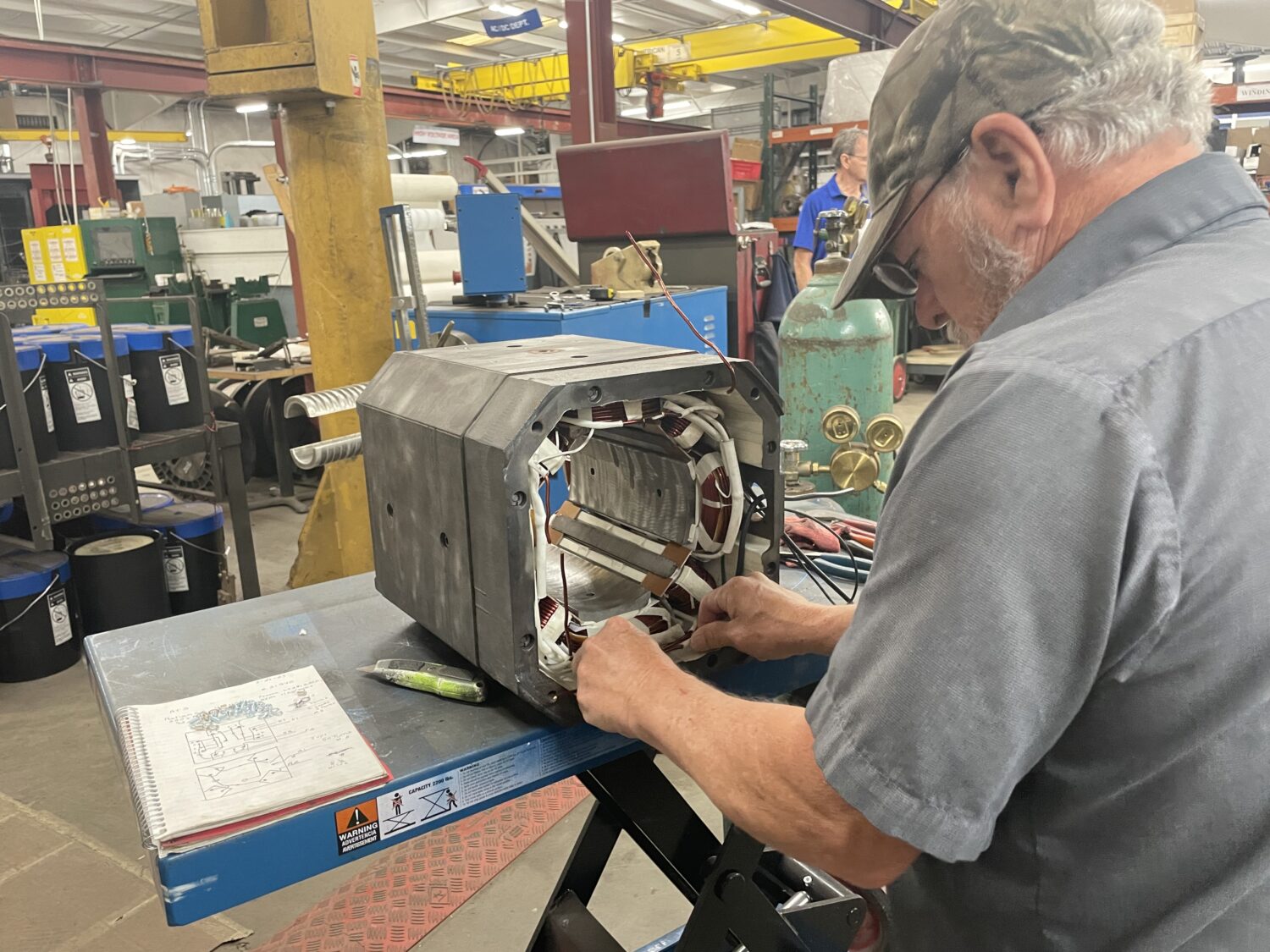Servo motors play a vital role in manufacturing operations, providing precise control and motion in a variety of industrial applications. However, like any mechanical component, servo motors are susceptible to failures that can disrupt production, lead to downtime, and increase maintenance costs. In this blog post, we will delve into the most common source of servo motor failures in manufacturing operations, helping businesses understand the causes and take proactive measures to mitigate these issues.
The Culprit: Overheating
One of the leading causes of servo motor failures in manufacturing operations is overheating. Servo motors generate heat during operation, and when not properly managed, this heat can accumulate, causing internal temperatures to rise beyond safe limits. Overheating can lead to various problems, including insulation degradation, lubricant breakdown, and ultimately, motor failure. Let’s explore some of the key factors contributing to servo motor overheating:
- Inadequate Ventilation and Cooling Systems:
Insufficient ventilation and cooling systems can impede the dissipation of heat generated by servo motors. When motors are operating in enclosed spaces or with restricted airflow, heat becomes trapped, leading to temperature spikes. It is crucial to ensure that proper ventilation systems, cooling fans, and heat sinks are in place to dissipate heat effectively and maintain optimal operating temperatures.
- Incorrect Motor Sizing:
Improper motor sizing is another common issue that can result in overheating. If a servo motor is undersized for the intended application, it may need to work harder to meet the required torque and speed demands. This increased workload leads to higher heat generation and a greater risk of overheating. Ensuring that the motor is properly sized for the application can prevent excessive heat buildup and potential failures.
- Inadequate Maintenance and Cleaning:
Lack of regular maintenance and cleaning can contribute to the accumulation of dirt, debris, and contaminants on the motor surfaces, impeding heat dissipation. Over time, this buildup acts as an insulator, hindering the motor’s ability to cool itself. Implementing a routine maintenance schedule that includes cleaning the motor and its surrounding area can help prevent heat-related issues and extend the motor’s lifespan.
- Voltage Fluctuations and Power Quality:
Voltage fluctuations and poor power quality can also impact servo motor performance. High or low voltage levels can cause the motor to operate inefficiently and generate excessive heat. Electrical disturbances, such as power surges or harmonic distortions, can stress the motor and lead to overheating. Employing voltage stabilization measures and addressing power quality issues can minimize these risks.
Mitigating Servo Motor Failures:
To mitigate servo motor failures caused by overheating, manufacturers can take several proactive steps:
- Ensure proper motor sizing based on the application’s torque and speed requirements.
- Implement effective ventilation systems and cooling mechanisms, such as fans, heat sinks, and ambient temperature monitoring.
- Regularly inspect and clean servo motors to prevent the buildup of dirt and contaminants.
- Monitor voltage levels and address power quality issues through the use of stabilizers or filters.
- Provide training to operators and maintenance personnel on proper motor handling, maintenance, and recognizing signs of overheating.
Call Industrial Service Solutions at 866-737-8676 for same-day turnaround on servo motor repair and electronics repair services.


